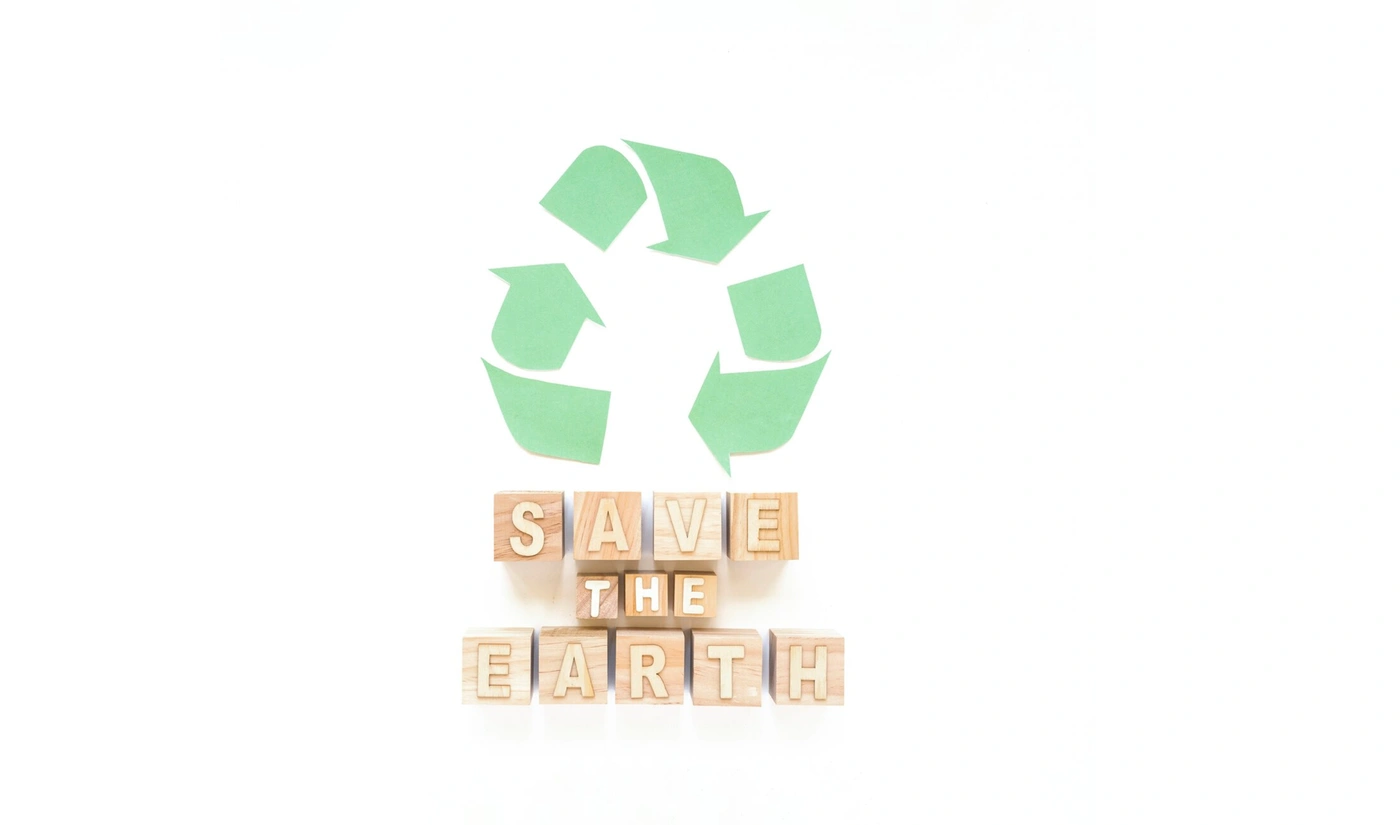What is the circular economy?

Our consumption patterns are modelled on the "make, consume, throw away " scheme and the so-called linear economy which encourages "everything disposable". In this type of economy, raw materials are used in abundance. Waste, produced in a considerable volume, pollutes the environment. This is why the circular economy model has emerged in recent years in order to limit the damage caused by business as usual. But, by the way, what is the circular economy?
Circular economy: definition
The European Parliament defines the circular economy as " a model of production and consumption that consists of sharing, reusing, repairing, renovating and recycling existing products and materials for as long as possible so that they retain their value ". To this end, systems such as the functional economy are being put in place, which privileges use over ownership. The Xerox company provides photocopiers at its customers' premises with a maintenance service for the devices. Photocopiers will be less likely to be thrown away. The circular economy also encourages the establishment of systems for renting or sharing products or equipment.
The need for a more circular economy
Each European consumes an average of 14 tonnes of raw materials and produces 5 tonnes of waste per year. Consuming in the context of the linear economy leads to the overexploitation of natural resources, overconsumption and finally the overproduction of waste. In addition, the world's population has been steadily increasing and is expected to reach 9.6 billion by 2050. The ever-increasing demand is causing insecurity of supply in terms of raw materials. Not to mention the negative impact that the linear functioning of the economy has on the environment !
Faced with this major problem, the European Commission presented an action plan for the circular economy in March 2020. Aimed at reducing waste and designing more sustainable products, the action plan pays particular attention to sectors such as electronics, plastics, textiles and construction. Other measures such as the new European packaging rules of November 2022 have since been introduced. They aim to improve the design of packaging to encourage recycling.
In fact, the circular economy has many advantages. These include reducing the pressure on the environment. The circular economy also calls for innovation, economic growth and job creation. According to a 2015 study, the circular economy would even create between 293 million and 1.2 billion euros of added value in Belgium by 2030.
The circular economy in everyday life
We rarely mention the circular economy without mentioning recycling. However, recycling is only one component of the circular economy. This type of saving includes various methods other than recycling such as eco-design, upcycling, repair, reuse or extending the lifespan. All these solutions have the same goal of making the best use of resources and limiting the creation of waste.
The everyday consumer can also participate in the circular economy. They have the option of buying products with a lower environmental impact by referring to the logos. Another way is to make optimal use of the products , in particular by following the instructions for use written on the packaging. Of course, recycling is one of the solutions offered to consumers.
Private economic actors are also committed to a circular economy. Kami Store is an e-commerce wholesaler specializing in zero-waste for organic shops, bulk grocery stores and webshops. The company FruitCollect, for its part, collects fruit not eaten in private gardens to make juice or redistribute it. Their offices are located at Circularium, one of the circular innovation centres in Brussels.
Circularity, whether in the form of eco-design or recycling, tends to provide solutions to the pitfalls of the linear economy. Public actors, individuals or companies, all can act to create a more circular economy.
For more content, feel free to visit our Linkedin and Instagram !
Discover our positive impact companies
Meet My Job is the 1st Belgian recruitment platform dedicated to sustainable development. So, what are you waiting for? Find your dream job/internship in sustainability here !